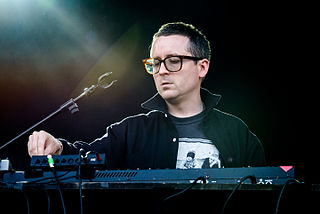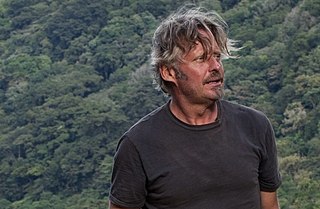A Quote by J. D. Pardo
When something comes up that attacks people's beliefs, their first reaction tends to be fear.
Related Quotes
The reaction to any word may be, in an individual, either a mob-reaction or an individual reaction. It is up to the individual to ask himself: Is my reaction individual, or am I merely reacting from my mob-self? When it comes to the so-called obscene words, I should say that hardly one person in a million escapes mob-reaction.

































